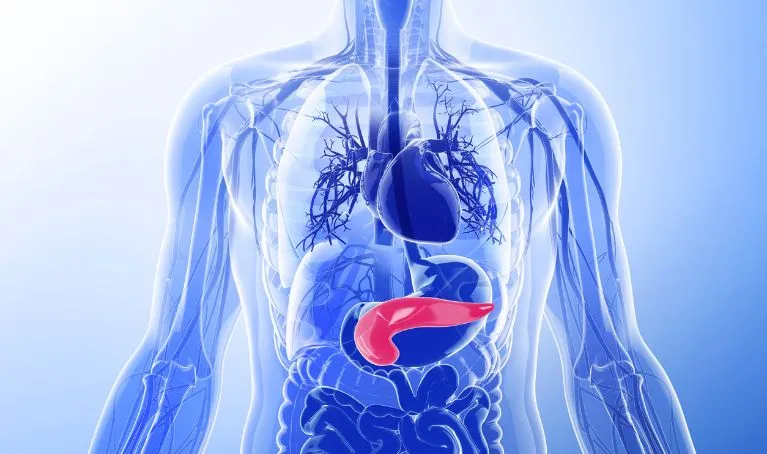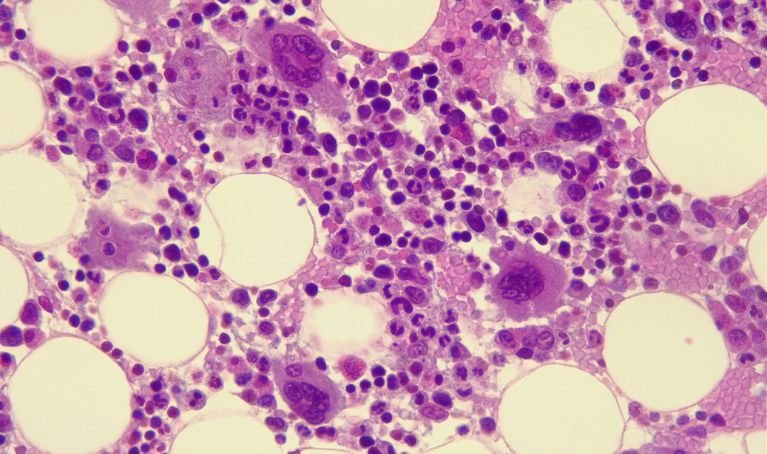Life-saving surgeries like heart and liver transplants can come with eye-watering price tags, often climbing into the millions. If you’re facing a high-cost surgery—or helping someone who is—it’s crucial to understand the expenses involved, what drives those costs, and how to plan for them.
In this article, we’ll break down the most expensive surgeries, explain why they’re so costly, and share tips on managing these financial challenges. Whether insurance covers part of the cost or you’re paying out-of-pocket, knowing what to expect is key to preparing for a high-stakes procedure.
Top 10 Most Expensive Surgeries
Here’s a list of the most expensive surgeries around the world, along with their average costs, descriptions, and factors influencing their price:
1. Tracheostomy

- Description: A tracheostomy involves surgically creating an opening in the neck to place a tube into the windpipe to help with breathing. This procedure is typically performed on patients with severe respiratory issues or airway obstructions.
- Average Cost: $60,000
- Factors Influencing Cost: Surgical complexity, hospital stay duration, post-operative care
2. Kidney Transplant

- Description: A kidney transplant is the surgical procedure where a healthy kidney from a donor is placed into a patient whose kidneys have failed. It’s one of the most common organ transplants performed globally.
- Average Cost: $500,000
- Factors Influencing Cost: Donor matching, surgical complexity, immunosuppressive therapy
3. Pancreas Transplant

- Description: A pancreas transplant is a surgical procedure where a diseased pancreas is replaced with a healthy pancreas from a donor. This surgery is often performed in combination with a kidney transplant for patients with diabetes.
- Average Cost: $600,000
- Factors Influencing Cost: Organ availability, surgical complexity, post-transplant therapy
4. Hematopoietic Stem Cell Transplant

- Description: A hematopoietic stem cell transplant involves transplanting stem cells from a donor to restore bone marrow function. This procedure is used to treat conditions like leukemia, anemia, or other blood-related disorders.
- Average Cost: $650,000
- Factors Influencing Cost: Stem cell procurement, conditioning regimen, follow-up care
5. Allogeneic Bone Marrow Transplant

- Description: This is a specific type of bone marrow transplant where the patient receives stem cells or bone marrow from a donor. It is often used for treating cancers like lymphoma or other hematologic diseases.
- Average Cost: $700,000
- Factors Influencing Cost: Donor matching, pre-transplant conditioning, post-transplant monitoring
6. Intestine Transplant

- Description: An intestine transplant involves replacing a patient’s failing or damaged intestine with a donor intestine. It is a rare procedure typically performed for patients with intestinal failure or diseases that affect nutrient absorption.
- Average Cost: $750,000
- Factors Influencing Cost: Organ scarcity, surgical duration, extensive post-operative care
7. Double Lung Transplant

- Description: A double lung transplant is a surgical procedure where both of the patient’s diseased lungs are replaced with healthy lungs from a donor. It is commonly performed for patients suffering from advanced lung diseases like cystic fibrosis or chronic obstructive pulmonary disease (COPD).
- Average Cost: $850,000
- Factors Influencing Cost: Organ procurement, surgical complexity, immunosuppressive therapy
8. Bone Marrow Transplant

- Description: A bone marrow transplant (BMT) involves replacing damaged or destroyed bone marrow with healthy stem cells. This procedure is often used to treat cancers like leukemia or other blood disorders.
- Average Cost: $950,000
- Factors Influencing Cost: Donor matching, pre-transplant conditioning, post-transplant monitoring
9. Liver Transplant

- Description: A liver transplant involves the removal of a diseased or damaged liver and its replacement with a healthy liver from a living or deceased donor. This procedure is typically performed for patients with chronic liver diseases or liver failure.
- Average Cost: $1.1 million
- Factors Influencing Cost: Donor matching, surgical complexity, long-term follow-up care
10. Heart Transplant

- Description: A heart transplant is a surgical procedure in which a failing or diseased heart is replaced with a healthy heart from a donor. This procedure is often a last resort for patients with severe heart conditions such as end-stage heart failure.
- Average Cost: $1.3 million
- Factors Influencing Cost: Organ procurement, post-transplant care, immunosuppressive medications
Insurance Coverage and Financial Planning
Understanding Insurance Coverage
Check with your insurer to ensure your surgery is covered. High-cost procedures may require extra paperwork or prior approval.
Potential Out-of-Pocket Expenses
Even with insurance, expect costs like copays, deductibles, and non-covered services. Be ready for these extra expenses.
Financial Assistance Programs
Many hospitals offer financial assistance for uncovered costs, but expenses can vary widely. Specialized institutions with advanced technologies and expertise tend to charge higher fees, making expensive hospitals a key factor in surgery costs.
Health Savings Accounts (HSAs)
HSAs let you save tax-free for medical expenses, helping to manage out-of-pocket costs.
Conclusion:
This article covered the top 10 most expensive surgeries, the factors driving their high costs, and how to plan financially. By understanding the cost influences and utilizing insurance and financial tools, you can better prepare for any upcoming medical procedures.
